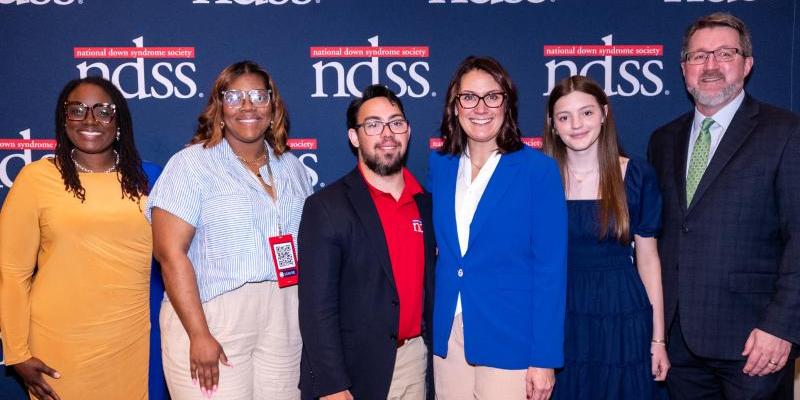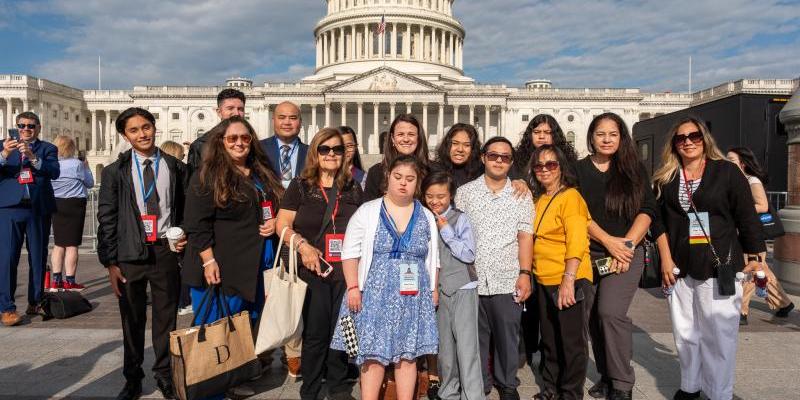July 23rd, 2021
The Honorable Thomas Suozzi
407 Cannon House Office Building
Washington, DC 20515
The Honorable Brad Wenstrup
2419 Rayburn House Office Building
Washington, DC 20515
Dear Representatives Suozzi and Wenstrup:
The above listed organizations are writing to support H.R. 4672, the ABLE Employment Flexibility Act. As you know, this legislation will eliminate an important barrier to employer provided savings for employees with disabilities, allowing them to retain critical government supports and services needed for maintaining economic self-sufficiency. This legislation builds on the progress created by 529A ABLE accounts in supporting the financial security of people with disabilities.
The Achieving a Better Life Experience (ABLE) Act of 2014 allows qualified beneficiaries with disabilities to save up to $15,000 a year in a 529A savings account for the purpose of supporting and maintaining their health, independence, and quality of life, and those funds generally are excluded from the asset limitations of federal benefit programs. The ABLE Act, as amended by the ABLE to Work Act of 2017, also allows an employed ABLE beneficiary who does not have contributions made to an employer-provided defined contribution plan to contribute an additional amount above the current $15,000 limit, up to the Federal poverty line for a one-person household (currently $12,880).
Many defined contribution plans permit an eligible employee to defer compensation into that defined contribution plan, with the employer sponsoring the plan providing for a matching contribution on such deferrals. The plan may also have nonelective employer contributions that are automatically made. Unfortunately, assets in these plans could adversely impact the availability of means-tested benefits.
The ABLE Employment Flexibility Act would allow ABLE-eligible workers to permit an employer to make contributions to a 529A account in lieu of contributions to the employer’s defined contribution plan. The legislation is needed because, under current law, an employer that offers employees with a disability the choice to have employer contributions that would be made to the retirement plan instead contributed to a 529A account would jeopardize the tax-qualified status of the retirement plan.
The legislation does not impose any mandates on either employers or employees. Rather, it creates additional flexibility for employers seeking to recruit, hire, train, and retain people with disabilities. This is especially important as companies need to take advantage of untapped pool of workers, such as the disability community to find loyal, enthusiastic, and capable workers. For individuals with disabilities, it allows them to retain critical government supports and services needed for maintaining self-sufficiency, while also increasing the ability to save more money in their ABLE accounts. These additional savings help working individuals with disabilities make the investments needed to maintain, develop and advance their careers.
We commend you for introducing H.R. 4672 and look forward to working with you to advance this vital piece of legislation for the disability community. Please contact Bart Devon, Senior Director of Public Policy at the National Down Syndrome Society, at bdevon@ndss.org if you have any questions.







